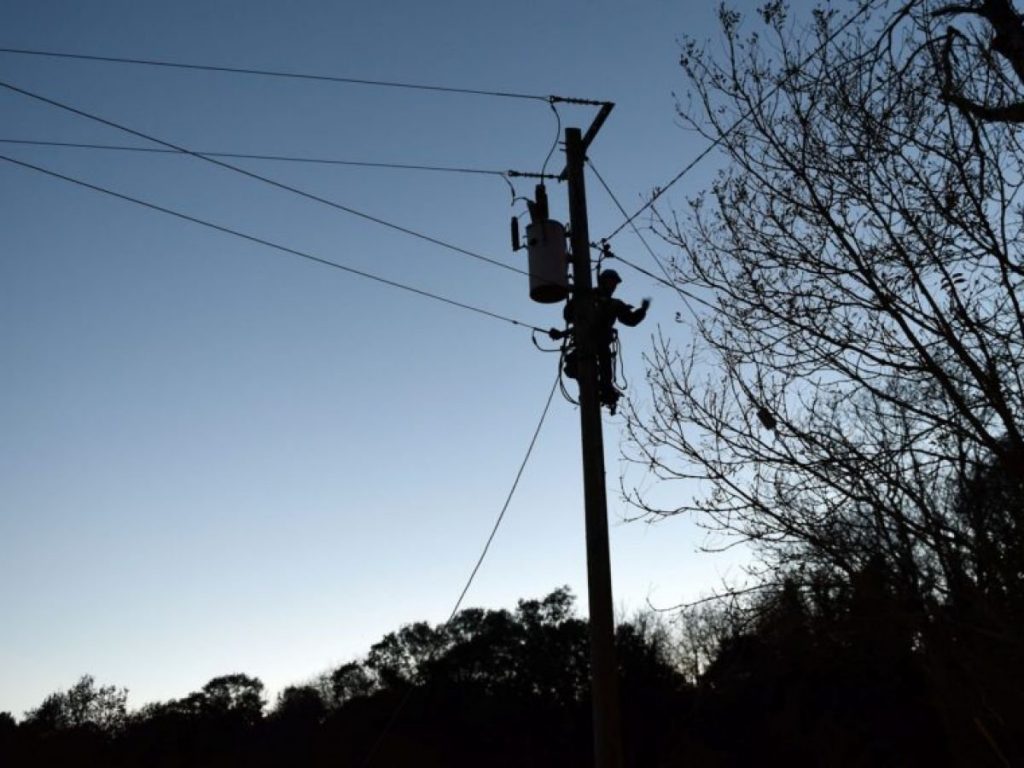
The Court of Appeal has overturned an award of €83,000 for an ESB employee who had suffered a psychological injury in the course of his work.
The ESB technician had come across a medium voltage cable whilst repairing a streetlight. He claimed that he later realised that he had been close to a serious physical injury and this realisation caused him a ‘nervous shock’ type injury.
The ESB appealed the decision of the High Court to award him €83,000 on the grounds that there was no ‘calamitous event’ which caused his injury; instead, it was a later appreciation of how close he had come to an injury that caused his psychiatric injury.
The Court of Appeal recognised that the worker had suffered an injury. But that the ESB could not be held liable for it.
The worker’s argument of liability on the part of the ESB was that he was directed to use a machine which was unsafe, unsuitable, and for which he had no training. He claimed that he had suffered a recognised psychiatric injury which still caused him problems.
The ESB said they were not liable for any nervous shock injury.
The Court of Appeal agreed with the ESB and held that it was long established in this area of Irish law that to recover for a psychiatric injury in Irish law there must be a ‘sudden’ event which is calamitous, shocking, distressing.
A gradual realisation or recognition over time does not fulfil this requirement and this is what happened in this case.
The Court of Appeal also held that the worker had not proved he was in danger at the time as the whole cable was insulated and was handled many times by the worker.
The original Judge in the High Court had stated that the employee was being directly exposed to live electric cables and a risk of electrocution was “incorrect” according to the Court of Appeal.
The Court of Appeal held that the worker failed to meet the necessary tests for a nervous shock type injury by reason of:
- The injury was not shock induced
- There was no sudden calamitous event such as an accident
What did exist was a later realisation that if he had proceeded on a certain course of action a significant injury was certain.
But if liability was extended in Irish law to cover events such as this it would extend the existing law in the area and have public policy considerations and give rise to uncertainty in Irish law.
The Court of Appeal set aside the High Court award and expressed a provisional view that the ESB was entitled to its costs for both the High Court and Court of Appeal cases.
Read the full decision in Warren Harford and ESB [2021] IECA 112 here.